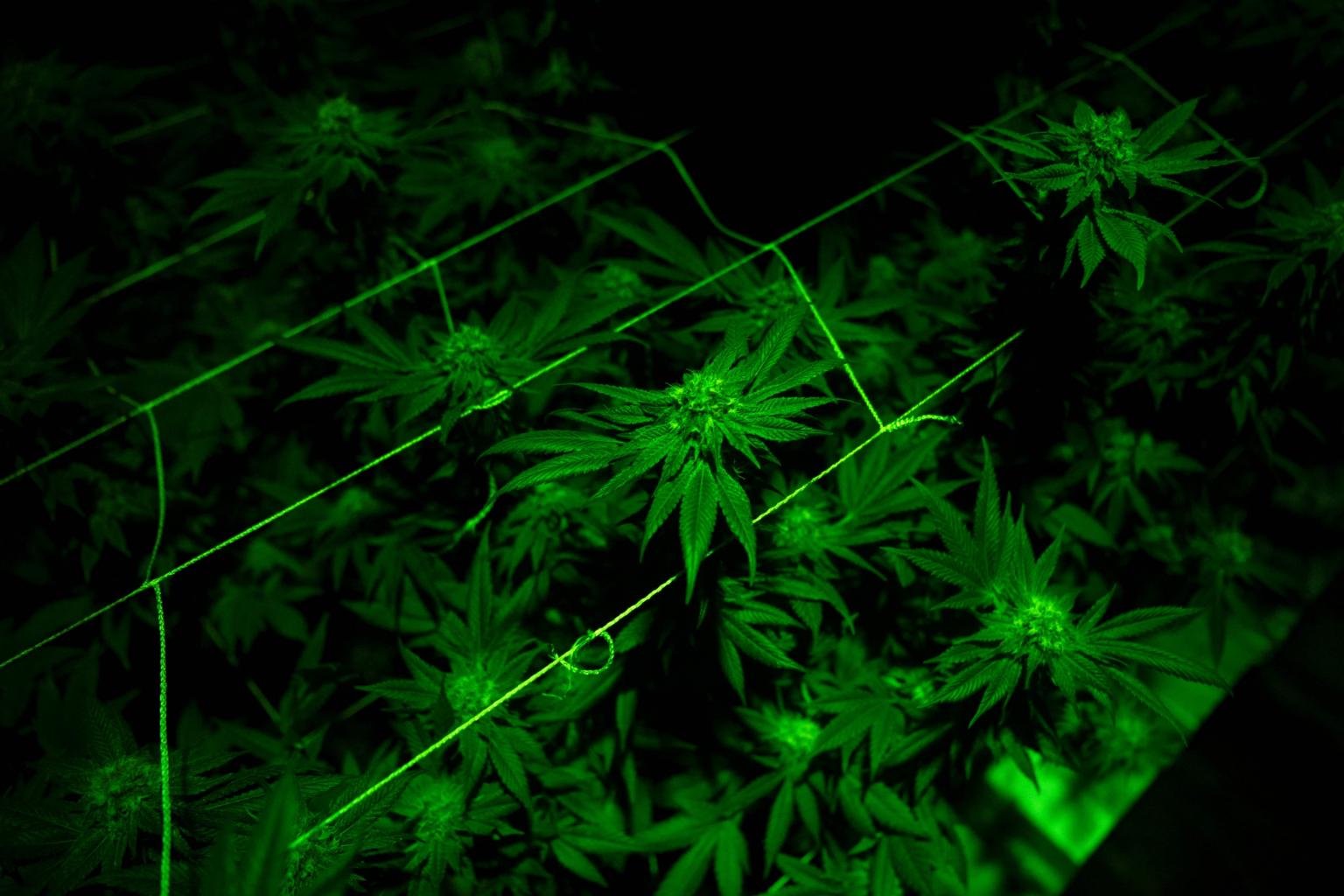Science on harmful effects of cannabis use remains clear
Sign up now: Get ST's newsletters delivered to your inbox

Findings from multiple studies have formed the basis for the continued regulation of cannabis as a controlled drug here.
PHOTO: AFP
SINGAPORE - The science on cannabis' harmful effects and addictive nature remains clear, even as calls worldwide for the legalisation of the drug for recreational use continue to grow.
Multiple studies, including those done by Singapore researchers, have found that cannabis use is linked to effects ranging from impairing a person's memory and decision-making, to developing major psychiatric conditions such as schizophrenia, depression and bipolar disorder.
"Early, chronic, recreational consumption of cannabis, in particular, is generally found to exert deleterious effects on learning abilities, executive function, working memory, verbal memory and general intelligence," said a 2017 paper by three Singapore researchers.
"Often, these effects are directly proportional to the frequency and duration of cannabis consumption," they added.
The paper, published in the Asean Journal Of Psychiatry, aimed to summarise existing evidence - from 70 papers - on the effects that recreational and medical use of cannabis and cannabinoids has on cognitive performance.
The paper, authored by researchers Attilio Rapisarda, Keane Lim and Jimmy Lee, who were listed as part of the Institute of Mental Health (IMH), concluded that there was "solid and consistent evidence" on the association between early, chronic cannabis use and lower cognitive performance.
A literature review by another team of psychiatrists and researchers from IMH in 2015 found that among those who used cannabis, about one in 10 will develop dependence.
This increases to one in two among those who used cannabis daily.
The team had reviewed more than 500 papers from international medical journals in the US and Europe, as well as other sources of information.
Among its other findings was evidence linking the use of THC - one of the main psychoactive components of cannabis which produces its euphoric effects - to impaired psychomotor performance, leading to an observed sevenfold increased risk of fatal accidents on the road.
Such research has formed the basis for the Singapore Government's continued regulation of cannabis as a controlled drug here.
In a written parliamentary reply in August, Minister for Home Affairs and Law K. Shanmugam said research shows that cannabis use produces short-term and long-term adverse effects, including impairment to respiratory and cognitive functions.
He cited the 2015 study by IMH experts, a World Health Organisation Expert Committee on Drug Dependence report in 2019, and another 2019 study published in The Lancet Psychiatry journal that showed a link between cannabis use and psychosis and schizophrenia.
"These findings inform Singapore's position that cannabis should remain a controlled drug," he said.
One important factor is how the level of THC in cannabis products appears to have risen in recent years.
Dr Gomathinayagam Kandasami, who is chief of the Department of Addiction Medicine at IMH, said the THC content of street and recreational forms of cannabis is quite variable and cannot be quantified.
"Recent evidence suggests that the measured content of THC in currently available street cannabis has been found to be very high, compared to cannabis that was sold on the streets many years ago."
THC in cannabis also affects people differently based on the particular type of cannabis product that they might use, how much they use and how they take it, and their level of tolerance, he added.
But in general, regular, daily exposure to larger amounts of THC can increase the risk of developing addiction, and other mental health problems such as paranoia, anxiety and psychosis, said Dr Kandasami.


